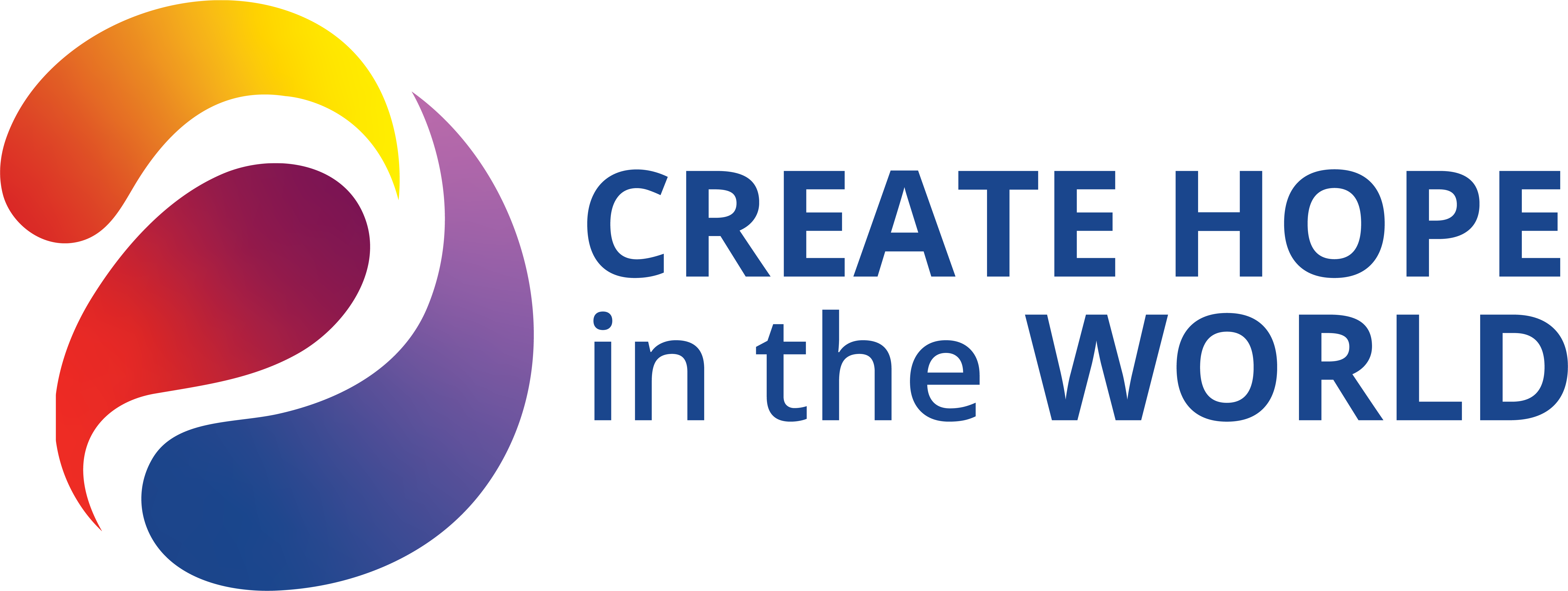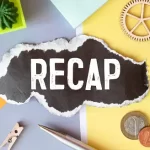Our own Matt Weaver shared his trips to the Myanmar area where he has, for the past twenty years, spearheaded his own water project to the most remote villages in the area. His current project takes him somewhere between Myanmar, Laos and Thailand along the Burma Road. It’s not easy to trek through the mud, jungles and primitive environments, then, organize volunteers and teams to assemble water tanks, piping, and charcoal filters to purify, but Matt finds a way. He depends on friends such as Michael Mann, a missionary working in Thailand over forty years, who specializes in agricultural development. Michael works with the poorest of the poor through the organization he founded, I.T.D.P., Integrated Tribal Development Program, and has become good friends with Matt over time. Matt also takes volunteers to the area from family, church, and friends, even our own Rotarians, Rosie Mares and Bob Harbicht. Once they arrive on site, all volunteers eat, sleep, and work along side local villagers. Matt says after the first few days there he and his friends don’t even notice the variety of bugs crawling in their food. The locals typically grow or kill their food since they are “hunters and gatherers” by nature.
Early on, the Weavers formed a 5013-C Non Profit Organization as a vehicle to help fund these water projects through donations. The typical cost to construct a water resource supply system is about $12,000 when all the elements are considered:
- Construct village water supply system
- Construct latrines for the village
- Gardens or fishponds for village
- Training: Hygiene, sanitation, watershed management
(posted from ITDP website)
Since these villages usually have no running water, the source is found and a gravity fed pipe system is laid back to the village and filtered through charcoal filters, which need to be changed regularly by the villagers. Squat toilets are built, and most recently a medical clinic building from bricks which were formed from a mold and dried in the sun. Through Matt’s good work many small villages now have running water and are learning how to take better care of their families. With the help from other missionary groups villagers are trained to grow Arabica Coffee Beans, which are then sold to Starbucks. I’ll always remember the “teach a man to fish” parable.
Many thanks Matt, to you and your family for helping people live better lives.
(Pat Dolphin)

 Let’s Recap! 4/19/24
Let’s Recap! 4/19/24